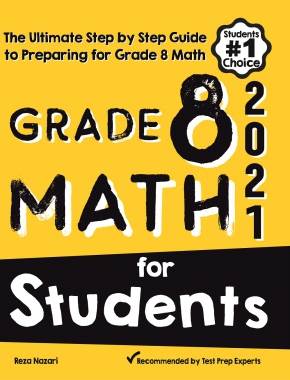Why Project-Based Learning Works So Well for Students

Most schools use the direct instruction teaching style to transmit knowledge of various subjects to their students. This is the status quo and has produced great results for decades. However, there are students who do not grasp knowledge effectively with a direct instruction teaching style. Instead, they prefer a hands-on approach where they can apply the things they learn and ask questions when they do not fully understand a concept. This form of teaching is called project-based learning.
Overview of Project-Based Learning
Project-based learning is a teaching technique where teachers make their students engage in meaningful projects and real-world activities relating to the topic at hand. When students carry out this project for a significant period (usually a semester) they will gain sufficient knowledge on the subject matter so that they can confidently present the results of their project to a live audience.
As they carry out project-related activities, they will improve their critical thinking skills, creativity, communication, and teamwork. The projects are often complex and last long so students can take their time figuring it out and learning the subject while they do so.
Project-based learning is very effective because it exposes students to the real world instead of burying their heads in paper and theoretical knowledge like in classrooms and homeschooling. It also stimulates curiosity as students encounter novel challenges and peculiar scenarios that are usually not encountered in the direct instruction teaching style.
Students also have the opportunity to provide feedback on their active projects and get teachers to revise their plans or answer questions when they encounter roadblocks. When their project is complete, the students will be required to discuss the core problem of their project, its process, methodology, and results so they can receive constructive criticism and be graded. This is similar to peer review which occurs in scientific research and projects in the real world.
Key Components of Project-Based Learning
To have a project-based learning program that is beneficial for students, each project needs to have the following elements:
- A challenging question
Project-based learning is meant to make students think critically so the project question should be challenging enough to bring out the participants’ creativity.
- Sustained inquiry
The project should take place for a significant period during which students can ask questions, find resources, and apply their findings to the project.
- Authenticity
The project’s focus should be on a real-world context, not a hypothetical scenario.
- Student voice and choice
The students involved in the project should have a say in the process, methodology, and endgame.
- Reflection
Teachers and students analyze the quality of the work the students did, how they have helped increase their knowledge, project obstacles, and potential solutions, to gauge the effectiveness of the project’s activities.
- Critique and revision
Before presenting their finished work, students will give feedback to their teacher and themselves so they can receive constructive criticism which they will use to improve the project.
- Public product
Once the project is complete, the students involved will publicly display it and explain the process, their findings, and the final result to a relevant audience in their classroom or beyond.
Endnote
Direct Instruction teaching style is the most used form of teaching in many schools but project-based learning is also important because it helps students gain a real-world understanding of the subject being taught. Project-based learning improves critical thinking, creativity, and teamwork; and these skills are vital in life beyond school.
Related to This Article
More math articles
- OAR Math Practice Test Questions
- How To Solve Word Problems for Explaining Fractions as Division
- FREE DAT Quantitative Reasoning Math Practice Test
- How to Divide Mixed Numbers? (+FREE Worksheet!)
- ISEE Middle-Level Math FREE Sample Practice Questions
- How to Prepare for the CLEP College Algebra Test?
- How to Find Real Zeros of Polynomials
- Pie Graphs
- 4 Perfect Tablets for Note-Taking in 2024
- Best Cheap Laptops for College Students




What people say about "Why Project-Based Learning Works So Well for Students - Effortless Math: We Help Students Learn to LOVE Mathematics"?
No one replied yet.